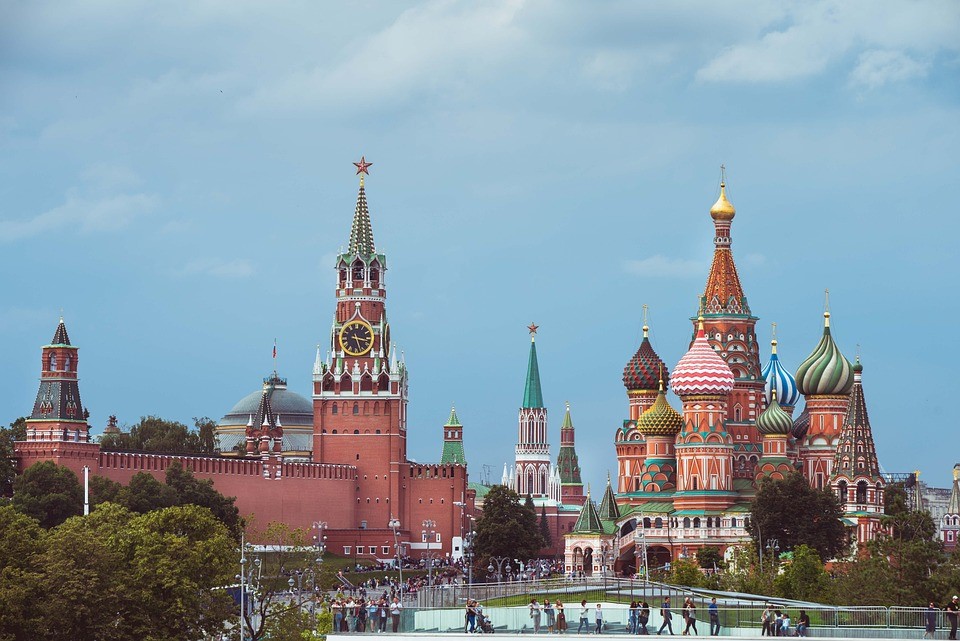Officials in the Kremlin are facing collapse on a number of fronts this year. One, in particular, has gone almost unnoticed by the Western media. Putin’s ambitious plans for the Arctic region are coming under increasing pressure as ethnic Russians are fleeing the country’s northern regions. They are leaving in such large numbers that it threatens Russia’s plans for the development of the Northern Sea Route and its ability to project power in the high north. “That flight is making it impossible for Moscow to maintain, let alone expand, the facilities needed to support its ambitious plans for the Arctic, tipping the ethnic balance of the population there away from ethnic Russians to indigenous populations increasingly at odds with the Kremlin,” according to Paul Goble of the Jamestown Foundation. The power vacuum created by the migration away from the region is so dramatic that the US and China may see it as a near-term opportunity to challenge Russia for control of the Northern Sea Route.
Two historically critical factors are no longer available as tools to help the Kremlin populate the area. Unlike the Stalinist era, Putin does not have a large prisoner base that can be forcibly sent to live in the Arctic. Second, the Russian government does not have the money needed to entice workers to move to and remain in the high north. The population loss is so severe that some analysts are reporting the trend is irreversible. In a Regnum interview last week with Pyotr Tolstoy, the Deputy Chairman of the State Duma talked about the importance of creative people in the north. “In our difficult economic situation, caused by unprecedented sanctions, a special military operation, attention and funds are directed to the south-west, not the north-east. But it is wrong to leave the topic of the Arctic now. Colleagues are working with the governors of the Arctic regions to create a system of state support for the Arctic.” Goble suggests desperate attempts to reverse the mass departure trend will continue to fail. He points out that “in many places soon there will not be any Russian audience for such cultural productions.”
A 2022 report released recently by the Federal Sociological Research Center (FSRC) of Russia’s smaller cities, which has a chapter devoted to settlements in the north, says that some Arctic cities are now declining in size by 10 percent or more every year and that smaller villages are disappearing by the hundreds. Although no comprehensive public report has been released, analysts note the FSRC report indicate in Dikson, called “the world’s Arctic capital” by Putin, has lost 500 out of its population of 5,000. Those that are leaving the region are ethnic Russians who are young professionals. Left in areas like Dikson are pensioners and indigenous nationalities without the skillsets needed to support the Kremlin’s economic plans for the region.
As the ice roads melt further isolating these communities, food and supplies are becoming harder to obtain in recent years. Small airports are also closing under Putin’s “optimization” plans. Railroad and many highway projects have been cancelled or delayed indefinitely. Cumulatively this leaves the Russian Arctic, especially in areas nearer to China, vulnerable to Beijing’s influence. The Russian Journal of Economic History and History of Economics, says “The stretched-out communications and low population density undermine the competitive opportunities of the Russian state.” It points out that the population flight puts Russian sovereignty and territorial integrity at high risk.
“This past week, expressions of alarm about such a possibility intensified in response to the appearance of an article [in the Russian publication Stoletie] suggesting that Washington should seek the return of Wrangel Island in the northern Chukchi Sea, now under Russian control,” according to Goble.
Ethnic Russians remaining in the high north see Putin as abandoning them since the government lacks the political willpower to fix the problems and is not providing money for the infrastructure development needed by the region. If the exodus continues unabated, Moscow will not be capable of extracting the resources located there or promoting the Northern Sea Route.
Non-Russian populations effectively abandoned by Moscow are growing more hostile toward the Russian Federation in general, with some beginning to shift toward Beijing or the US, both politically and economically. Goble suggests that this marks a period when Washington and Beijing will have more opportunities to “provide support and build influence in what will be an ever-less Russian Arctic—thereby creating yet another challenge to Russia’s territorial integrity that Putin cares so much about.”
Daria Novak served in the U.S. State Dept.
Photo: Pixabay
